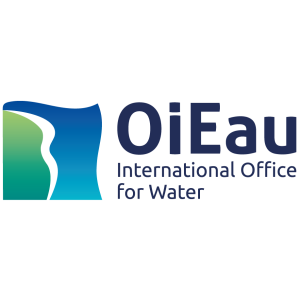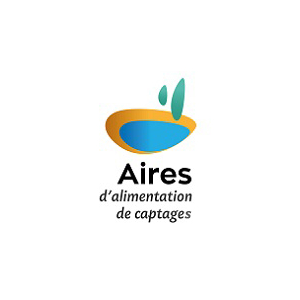
Document généré le 15/01/2026 depuis l'adresse: https://www.documentation.eauetbiodiversite.fr/fr/notice/local-values-and-decisions-views-and-constraints-for-riparian-management-in-western-mexico
Titre alternatif
Producteur
Contributeur(s)
EDP Sciences
Identifiant documentaire
11-dkey/10.1051/kmae/2014017
Identifiant OAI
oai:edpsciences.org:dkey/10.1051/kmae/2014017
Auteur(s):
A.C. Flores-Díaz,A. Castillo,M. Sánchez-Matías,M. Maass
Mots clés
fluvial systems
local knowledge
riparia
social-ecological systems
watersheds
système fluvial
connaissances locales
rivulaire
système socio-écologique
bassin versant
Date de publication
23/05/2014
Date de création
Date de modification
Date d'acceptation du document
Date de dépôt légal
Langue
en
Thème
Type de ressource
Source
https://doi.org/10.1051/kmae/2014017
Droits de réutilisation
Région
Département
Commune
Description
Human decisions on ecosystems at the local level are based significantly on the institutional context but also on how people understand and value the place where they live. Located at the land-water interface and connecting the streams with their valleys, riparian areas provide relevant services to society on regional and global scales and are important to the people directly interacting with them. Using a qualitative research approach, we documented rural people’s knowledge and values regarding the riparian system, as well as the agreements made on its management. We found positive values; a good understanding of the riparian system’s dynamics and local arrangements for its management. Degradation was also observed, indicating a discrepancy between peoples’ views and their practices. Ignorance of the national ordinances emerged as an important problem, also having consequences on the conservation of the riparian area. There are constraints between individual and collective decisions since benefits from good management are not necessarily reflected at the site, but on wider spatial-temporal scales. It is proposed (1) to consider the whole stream-riparia-parcel as a more realistic approach to assess and guide the riparian system’s role; and (2) a co-production of knowledge between local people and scientists, promoting a co-responsibility stewardship of the basin-level management.
Accès aux documents
0
Consultations
0
Téléchargements






























